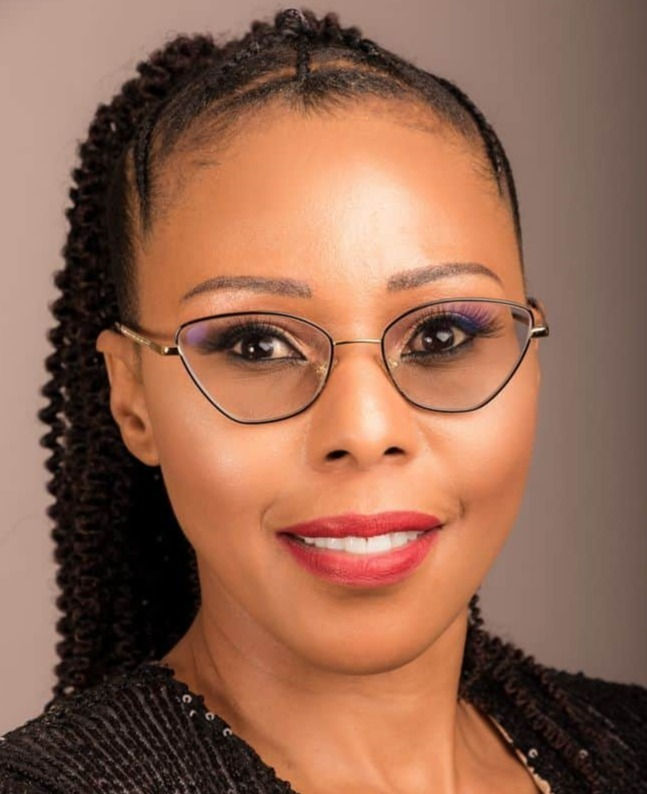Ensuring transformation for women in the agriculture and rural development sector
- Kamogelo Seekoei

- Sep 8, 2021
- 3 min read

A study conducted by the Sustainability Initiative of South Africa (SIZA) looking into the extent to which gender roles have changed in the agriculture sector over the years has found that outdated perceptions that agriculture remains a man’s job still exists.
The study has outlined some of the challenges that impede complete transformation in the sector, the main one being the exclusion of men in the inequality debate.
The SIZA found that these outdated perceptions of gender roles are also deeply influenced by patriarchal and traditional values which do not belong in a modern society. These views still find expression in how land ownership patterns are handled, women participation in leadership positions, employment patterns as well as in-job work allocations within the agriculture, environment and conservation sectors.
An often forgotten aspect of the problem is the exclusion of men in the pursuit of gender equality. Women’s inequality is greatly influenced by patriarchy and part of the solution is men being change agents of transformation. This equally applies to men in corporates who influences women empowerment through box-ticking as opposed to true transformation in employment patterns and in-job work allocations and wage disparities.
Enter Northern Cape MEC for Agriculture, Environmental Affairs, Land Reform and Rural Development, Mase Manopole, whose legacy project is to entrench transformation that will yield success long after her tenure as MEC ends.
Since July Manopole has been hosted individual weekly webinars with each district in the province as part of a broad conversation on how to reposition women in the sector as trailblazers.
Manopole hopes that through these online dialogues there are opportunities to tackle the imbalances in resource rights and ownership, where women do not have access and control over resources. She also looks forward to the upcoming provincial webinar taking place at the end of August.
More often, you might have come across the sentiments that ‘agriculture is the backbone of rural livelihoods, particularly in developing countries’, derived from agricultural writings. This statement is an indication that if women can be given access to the land, equal rights and opportunities, they could decrease the risk of food insecurities and build sustainable livelihoods,” Manopole stated.
She says women create and contribute towards subsistence agriculture in the rural areas and this agricultural activity is viewed as the main alternative for rural women. Men, on the other hand, are dominating the smallholder and commercial sectors in agriculture and that is why these webinars are so important.
She says she is very excited about this initiative because at the end of it all the department will be able todevelop practical and implementable initiatives.
“This will guide us in the transformation of women in the sector in this province and also contribute to the National discourse about how to take the sectorforward.
Throughout the series of webinars, access to land and funding have been some of the main challenges that the female farmers highlighted. Lack of land and financial resources are hindering women from becoming smallholder and commercial producers in the agricultural sector.
Manopole believes that women create and contribute towards subsistence agriculture in the rural areas and this agricultural activity is viewed as the mainalternative for rural women. Men, on the other hand, are dominating the smallholder and commercial sectors in agriculture and that is why these webinars are so important.
“It is time that women are being given access to the land, equal rights and opportunities, because women are the real backbone of rural economies. For years, they have been more involved in agricultural activities than men- because they guarantee livelihoods in rural areas and in our communities”, the Manopole said during her online dialogue with Pixley ka Seme district.
Testimonies
Through the department’s redistribution program Ridgewater farm owner, Elizabeth Pietbooi, from Prieska managed to grow her stable from only 10 sheep (nine ewes and one ram), and is now farming with Dorper and Damara sheep, Boer Goat and Nguni cattle. Thanks to the Department of Agriculture and Land Reform’s land redistribution program.
Another testimony from. Martha Sawaal of Van Wyksvlei dates back to 2006, when she set her foot in farming in a commonage with only 23 white Dorperewes and one ram. In 2013 she received a farm through the land restitution program from the Department of Land Reform and Rural Development together with 533 Dorper ewes, 302 merino ewes and 14 rams. Her ‘never die’ spirit keeps her motivated, despite all the challenges. Currently she has 700 merino ewes, 50 rams, 300 lambs, 600 Dorper ewes, 40 rams and 300 lambs.














.jpeg)




Comments